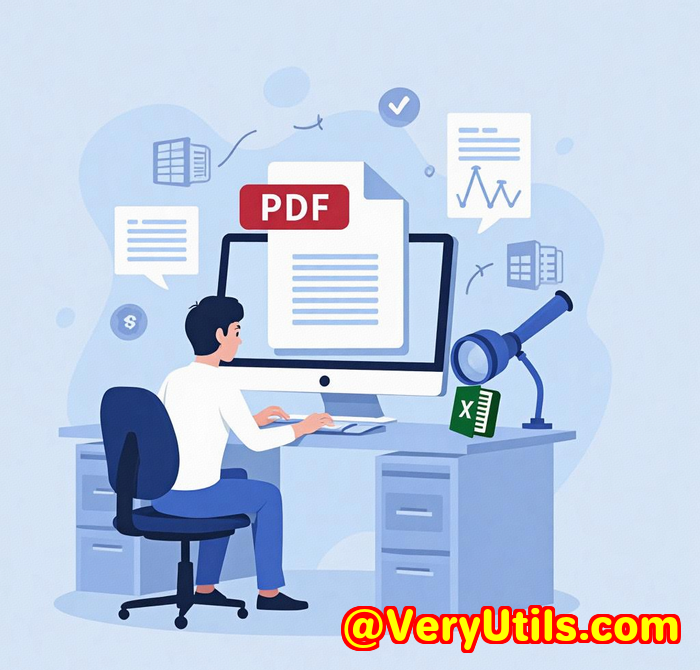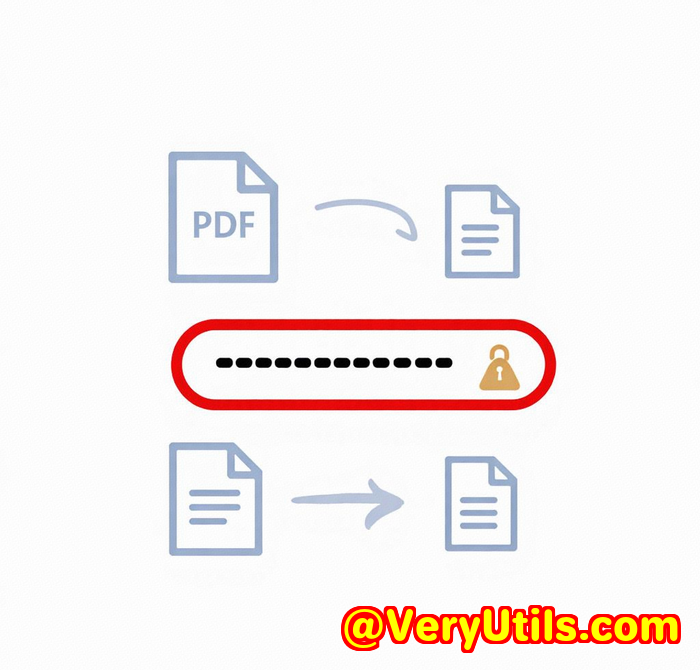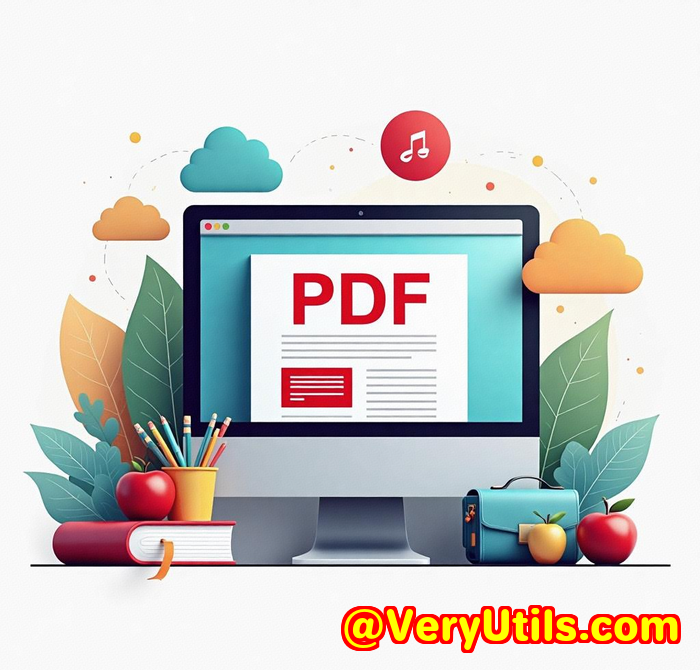How PDF DRM Helps Enforce Embargoes on Press Releases and News Reports
How PDF DRM Helps Enforce Embargoes on Press Releases and News Reports
Meta Description
Need to control press embargoes? Learn how PDF DRM helps lock down confidential reports before they go public.
Every journalist's nightmare is breaking an embargo too early
Back when I worked in PR, we sent out embargoed press kits to media outlets ahead of major product launches.

Every single time, there was a sense of dreadwill someone leak this?
The truth? It happened.
Once, a reporter published a story about our new tech product 12 hours before the embargo lifted.
All our careful planningtimed media coverage, coordinated tweets, scheduled interviewsout the window.
We had no control once the PDF was in their hands.
No watermark. No expiry. Just blind hope.
That's when I knew we needed something tougher than a password-protected file.
That's how I found VeryPDF DRM Protector.
The moment I realised I needed proper PDF DRM
I'd tried zipping files with passwords. Didn't work.
Tried Google Docs with restricted sharing. Still leaky.
Tried embedding expiry dates into emails. Pointless.
Then I tested VeryPDF DRM Protector.
It wasn't just another PDF locker.
It was a full-on command centre for controlling digital content.
What VeryPDF DRM Protector actually does (and why it's better)
This thing gives you control. Not the fake kind. Real, enforceable, no-loopholes control.
You can:
-
Block printing, copying, or downloading entirely
-
Add automatic, personalised watermarksthink: email addresses printed diagonally across pages
-
Set documents to expire after a certain date or even after one view
-
Revoke access instantly, no matter who already has the file
-
Track every actionwho opened it, when, where, and for how long
There's no software install, no signup, no credit card needed.
You just upload the file and set your rules.
Takes 3 minutes.
You can do it on your lunch break.
My favourite features and how I used them
Here's how I set up our next press kit drop using this tool:
1. Automatic Watermarking
Each journalist received a version of the press release watermarked with their name and emailautomatically.
No manual editing. It's built in.
If anything leaked, we'd know exactly who did it.
2. Expiry After Opening
We set the document to self-destruct (not literally, but close) after being opened once.
It killed off the habit of "accidentally" forwarding files around.
After one view, poofno second chances.
3. Geolocation Tracking
We spotted someone accessing the doc from a different region than expected.
Turned out one journalist had forwarded it to a buddy in another country.
We locked it down before anything hit the news wire.
That level of insight? No other tool gave us that.
Why other options fail
You can password-protect PDFs.
Big deal. Anyone can share the password.
You can use cloud drives.
Doesn't stop people from downloading and distributing.
Most DRM tools?
They're clunky, slow, and locked behind enterprise paywalls.
VeryPDF DRM Protector is simple, web-based, instant.
No plug-ins. No training manuals.
It's built for real-life content control, not just compliance checkboxes.
This tool saved my skin
We've now done seven major press rollouts using this DRM tool.
Not a single embargo breach since.
Not one.
If you're sending embargoed press releases, financial reports, or internal memos, you need this.
It's not just about stopping leaks.
It's about regaining control over what happens after you hit "Send".
Click here to try it out for yourself: https://drm.verypdf.com/
It's free to test, no strings.
Need something more advanced? VeryPDF builds custom tools too
If you've got complex needs, VeryPDF can build custom DRM tools from scratch.
Whether it's for Windows, macOS, Linux, or even mobile platforms, they've got the chops.
They develop in Python, PHP, C/C++, JavaScript, .NET, and more.
They also create virtual printer drivers, intercept Windows API calls, handle advanced barcode/OCR jobs, and integrate with systems like LMS, CRM, and eCommerce platforms.
Want to protect content at the system level?
Want custom hooks, analytics, digital signatures, or full cloud control?
VeryPDF does that.
Reach out here to talk to their team:
FAQs
Q: Can I revoke access to a document after it's been sent?
Yes. You can revoke access at any timeeven if the recipient has already opened the file.
Q: Can I prevent screenshots?
Yes, using Screen Shield, you can limit the viewable area of a document to discourage screenshots.
Q: Does it work without installing anything?
Totally. It's browser-based. No installs. No signups. Just upload and go.
Q: Can I use this for more than just PDFs?
Absolutely. It supports images, videos, audio, and more.
Q: What happens if someone tries to forward the file?
Forwarding is restricted. Plus, files are user-watermarkedyou'll know who shared it.
Tags / Keywords
PDF DRM
Embargo press releases
Secure PDF distribution
Prevent PDF sharing
DRM for journalists
Digital rights management
VeryPDF DRM Protector
Content leak prevention
Confidential document control
Track PDF access



